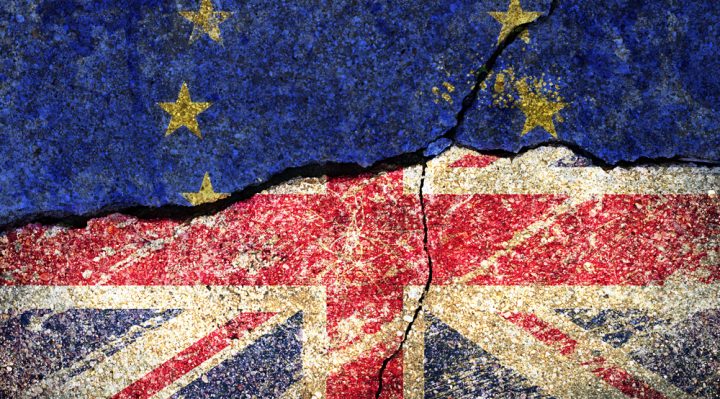The British Pound soared to its highest level since the referendum vote on the back of news reports that the Netherlands and Spain are agreeable to backing a soft Brexit deal.

Dutch and Spanish Pushing for Soft Brexit
The British Pound closed at 1.3276, a gain of 1.39% whilst the Euro closed up 1.37% to 1.2197, with the EUR/USD hitting a 3-year high. The large gains also helped spark a sell off in the US dollar which saw a fourth consecutive week of losses for the greenback. The spike in the GBP and EUR came after Bloomberg reported that Dutch and Spanish finance ministers, Wopke Hoekstra and Luis de Guindos respectively, met earlier in the week to discuss Brexit and both agreed to aim towards pushing a Soft Brexit deal that keeps the UK as close to the European Union in terms of trades, as possible.
Both Holland and Spain have strong investment ties to Britain. The U.K. is a major trading partner with the Netherlands; they share a very busy shipping route, whilst Spain hosts millions of British tourists yearly. Spanish companies are also heavily invested in the UK and despite tensions between the UK and Spain over Gibraltar, Spain is fast becoming of the U.K.’s strongest allies in the EU regarding any future trade deal between the EU and the UK.
Britain wishes to exit the single market and not be subject to its rules. Prime Minister Theresa May is pushing for what it refers to as a bespoke trade deal with the EU, or a Soft Brexit. The deal would permit the UK, the world’s fifth largest economy, to continue trading as per present situation. The UK is also very keen to have access to the single market for services, particularly in the all-important financial services industry. However, the EU, and its chief EU negotiator Michel Barnier, seem determined to punish the UK for leaving the EU and impose strict trade tariffs to deter other nations leaving the 27-member union.
Germany Boost
The Euro also received a boost with the news of progress in German coalition talks. SPD leader Schultz reported a preliminary agreement for coalition rule with Angela Merkel. The German chancellor will stay on as Chancellor and rather than ruling via a minority government, Ms Merkel will have a stable majority in the Bundestag. The news of progress with Germany, Europe’s largest economy and very much the engine for the EU clearly pleased the markets as the EUR/USD managed to break through the key long-term resistance at 1.2100, which had proven a strong long-term resistance barrier for the pair.
What’s Next for the GBP and Euro?
2018 looks to be the the year that a Brexit deal gets completed and the talk of a Soft Brexit being pushed by Holland and Spain are strong indicators that progress is finally being made. Next week should also be a busy week for Sterling as the UK Parliament is set to debate Brexit on January 16th and 17th. Investors will well be advised to look out for market moving headlines regarding Brexit. Meanwhile, UK retail sales and inflation data are all set for release too, making it an important week for the British Pound.
There is no significant resistance levels in GBP/USD until the 38.2% Fibonacci retracement near 1.3975. The trend is strong and it is likely that we will see further gains in Cable in the short term, barring any shocks with the data releases and the upcoming Brexit debate in parliament.
Presuming there are no cautionary or negative comments from European policymakers in the week ahead, there is no reason we will not see further gains for the Euro. It is more than possible that we could see the EUR/USD extend beyond 1.24. ECB members Coeure and Weidmann are both set to speak in the week ahead and the greatest risk for a slide in the Euro would be from European Central Bank’s fears concerning the continued strength of the single currency. The only real key data releases from the EU this week that could have an effect upon the Euro is the Eurozone CPI data due for release on the 17th January.



